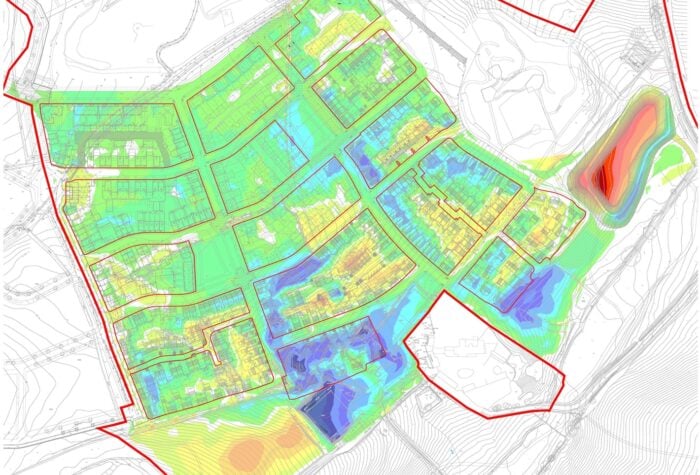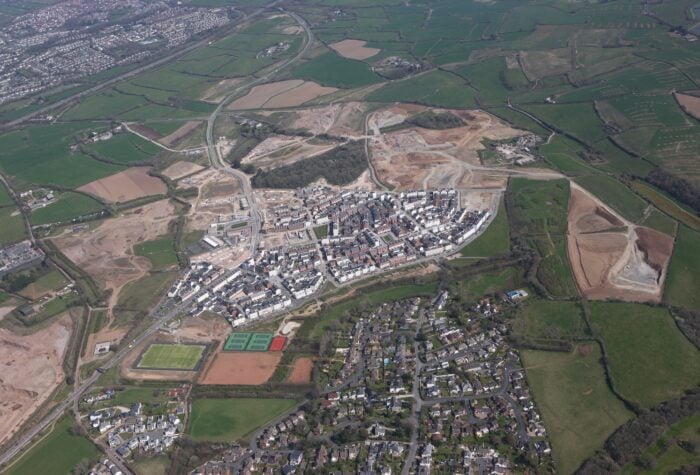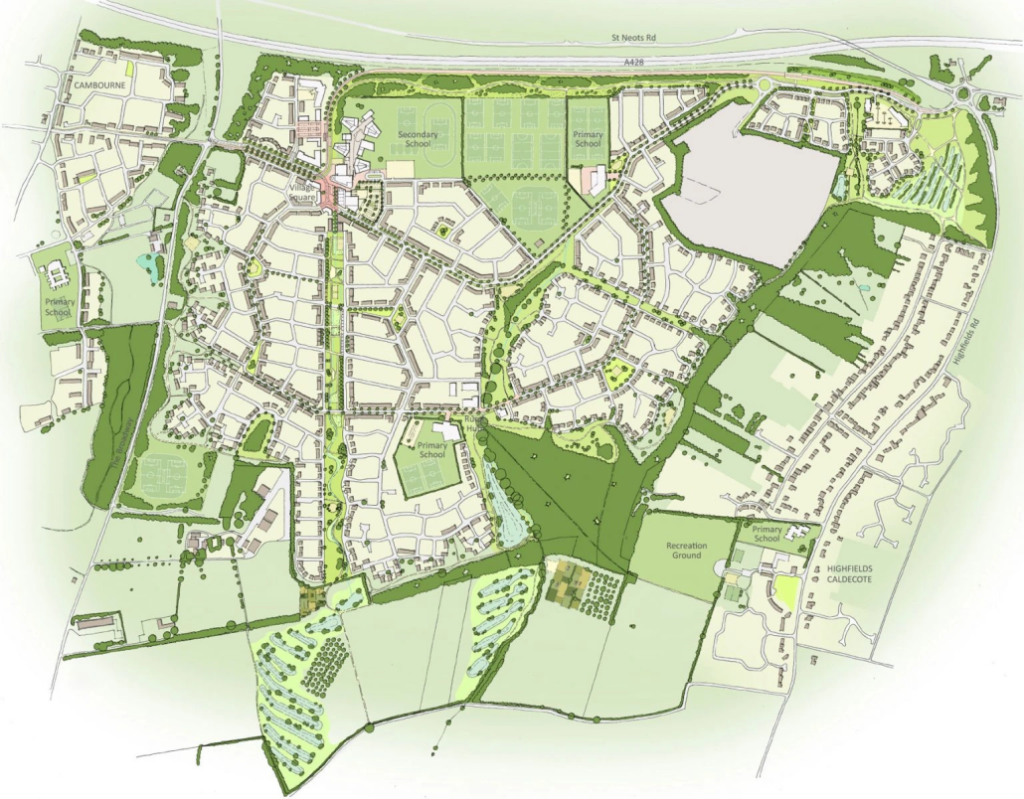
Unlocking the value of Section 106 contributions
A recent report by the Home Builders Federation estimates that local authorities currently hold over £6bn of unspent Section 106 developer contributions.
Section 106 (S106) agreements are a vital part of the planning process, enabling local authorities to secure funding from developers for necessary infrastructure and community benefits. However, what many developers don’t realise is that some of these contributions can actually be repayable – particularly when funds remain unspent by the local authority after a defined period.
According to a 2024 report by the Home Builders Federation*, more than £6 billion in S106 contributions are currently sitting unspent across the UK. These funds, if not used in accordance with the terms of the original agreement, may be eligible for repayment to the developer. This represents a significant opportunity to recover lost capital; but identifying and reclaiming those funds requires time, expertise, and a deep understanding of the complex landscape surrounding S106 agreements.
That’s where Brookbanks comes in. With their specialist knowledge and a proven process, Brookbanks takes the hassle out of the equation. They’ll review your S106 agreements in detail, manage the administration, liaise with local authorities, and work sensitively and diplomatically to recover any unspent contributions that may rightfully be returned to you.

How can Brookbanks help?
Reclaiming these funds can boost your cash flow, support reinvestment in new projects, and improve your overall financial efficiency. It’s an opportunity many developers overlook — but it could deliver real value back to your business.
If you suspect your projects may be tied to unspent S106 contributions, it’s worth a conversation. Reach out to Ben Wakeling, Commercial Director at Brookbanks, at ben.wakeling@brookbanks.com or call 07506 039641 to start the process.
Let Brookbanks help you unlock hidden value.

Meet our Cost and Commercial Team...

Anthony Brown
Read Profile
Ben Wakeling
Read Profile
Ismail Ali
Read Profile
Jaskaran Singh
Read Profile
Mark Miller
Read Profile
Richard Quarry
Read ProfileCheck Out Our Services...

Civil Engineering Group

Cost & Commercial Group
Infrastructure/Abnormal/Site-Wide Cost Planning. We have vast experience in structuring, maintaining and managing budgets of hundreds of million pounds, en...
View More

Development Management Group
We are one of the UK's leading partners to blue chip developers, funders and land promoters. From securing planning consents for major house building schem...
View More

Land, Development and Communities Group
Our Land, Development and Communities Group (LDC) has built an enviable reputation across our industry as leading providers of a variety of services with t...
View More

Mechanical and Electrical Engineering Group
Our Mechanical and Electrical Engineering Group has a renowned team of award-winning, energy-centric building services specialists.
We are a creative te...
View More

Structural Engineering Group
Our Structural Engineering Group can trace its origins back to its formation in 1984. From the outset it quickly gained a reputation for producing practica...
View More
More News

Bourn Airfield: Delivering Commercial Certainty for a New Community in Cambridgeshire
February 14, 2026
At Brookbanks, we understand that large‑scale new settlements only succeed when commercial thinking, engineering insight and planning strategy are fully aligned from the outset. On sites such as Bourn Airfield, the scale with challenging ground conditions, major infrastructure requirements, extensive SuDS networks and long‑term planning pathways, every technical decision has a financial, phasing and delivery implication. This article explores how our one integrated Brookbanks team managed those interdependencies across this large multi‑phase development, and how our cost & commercial specialists in particular helped maintain certainty on such a complex project.

Making Education Projects Actually Deliverable
February 5, 2026
At Brookbanks, we’ve seen how education projects move more smoothly when constraints are treated as an interconnected system rather than a list of separate technical tasks. Early integrated due diligence, honest planning strategies, realistic phasing and programmes shaped around the school calendar all help reduce surprises and strengthen confidence. This article explores the recurring pinch points we see and the practical steps that lead to consents, programmes and budgets that genuinely withstand the demands on this sectors projects.

Podcast Episode #10: The Highways Technical Approval Process
February 3, 2026
Explore our expert insights into the Highways Technical Approval process, including S278 and S38 approvals, common challenges, timelines, and how we help streamline safe, compliant and efficient delivery.
